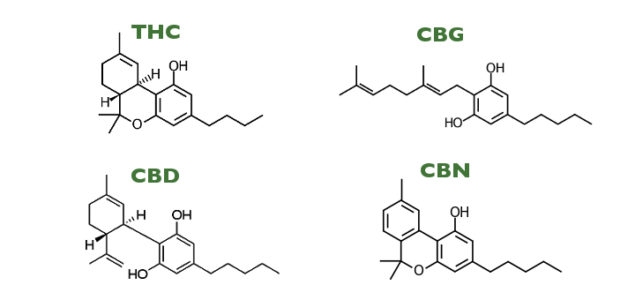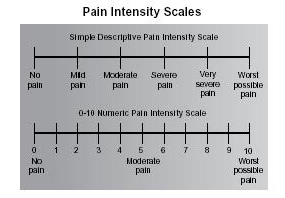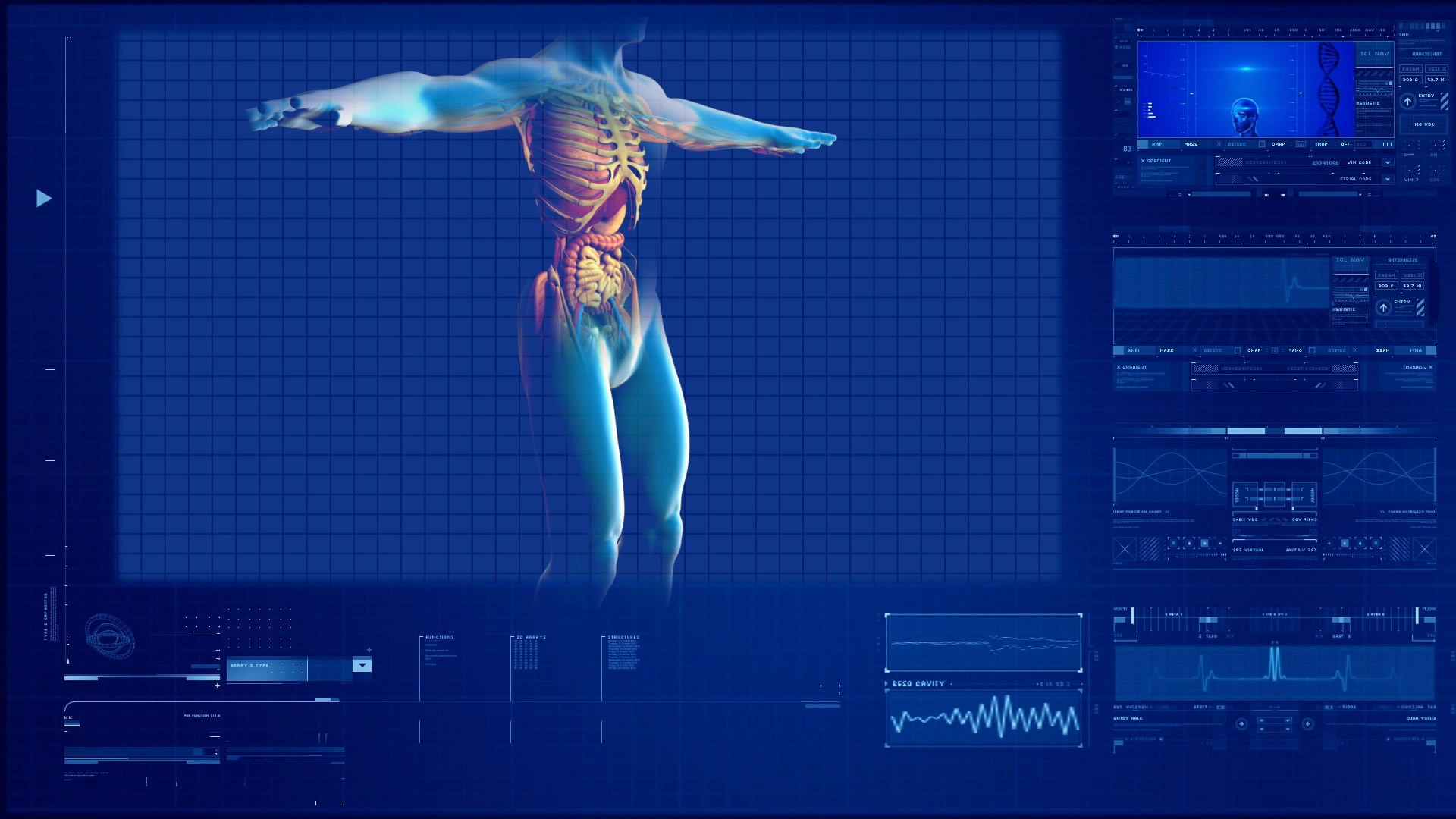Agonists of the CB2 receptor – such as cannabis-derived cannabinoids – may provide a treatment option for neuropathic symptoms and neuroinflammatory responses, according to a new study published by the European Journal of Neuroscience. The study was e-published ahead of print by the U.S. National Institute of Health.
“Cannabinoid receptor 2 (CB2) has emerged as a promising target for treating different neuropathic pain syndromes”, states the study’s abstract. “In neuropathic pain models, activated microglia expressing CB2 receptors are seen in the spinal cord.”
With this in mind, researchers hypothesized that a CB2 agonist could “modulate neuroinflammation and neuropathic pain in an ischemia model of CRPS [complex regional pain syndrome]by regulating CB2 and CX3CR1 signaling.”
Using chronic post-ischemia pain (CPIP) as a model of CRPS, researchers used rats to determine the potential benefits of a selective CB2 agonist meant to mimic the effects of cannabinoids.
Rats in the CPIP group exhibited significant hyperemia and edema of the ischemic hindpaw and spontaneous pain behaviors (hindpaw shaking and licking), whereas “intraperitoneal administration of MDA7 (a selective CB2 agonist) attenuated mechanical allodynia induced by CPIP.”
MDA7 treatment was found to “interfere with early events in the CRPS-I neuroinflammatory response by suppressing peripheral edema, spinal microglial activation and expression of CX3CR1 and CB2 receptors on the microglia in the spinal cord. MDA7 also mitigated the loss of intraepidermal nerve fibers induced by CPIP.”
The study concludes; “Our findings suggest that MDA7, a novel CB2 agonist, may offer an innovative therapeutic approach for treating neuropathic symptoms and neuroinflammatory responses induced by CRPS-I in the setting of ischemia and reperfusion injury.”
The full study can be found by clicking here.
Written by Anthony Martinelli on
NOTE: Please remember to follow the laws of your state when it comes to your pharmaceutical care. Medical cannabis is not legal in all states in all forms, so be aware of what your state limitations are.






